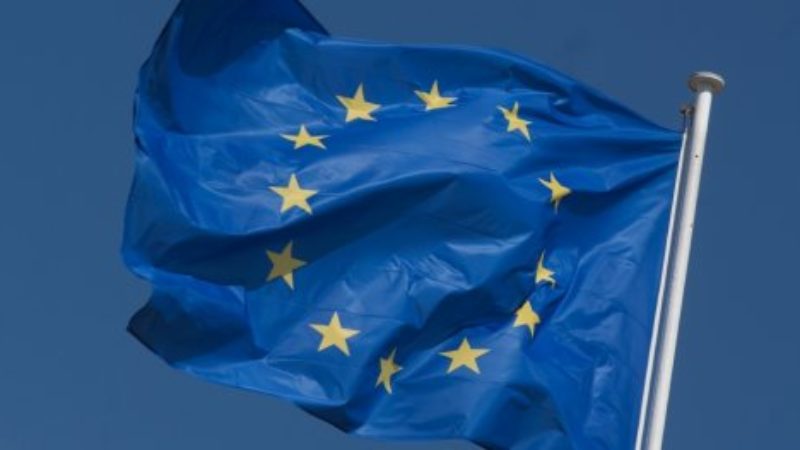
One could be forgiven for thinking that the long-running debate on our membership of the European Union was designed specifically to be divisive. In politics, it seems, you are either pro-European or Eurosceptic, and never the twain shall meet.
I would argue this division is nothing more than the plaything of the political classes – a feeding tube for the soap opera of Tory divisions and those that seek to capitalise on them. The public are in a very different place. In 2009, 34% of the UK electorate turned out to vote in the European Parliamentary elections. In 2004 it was 38% and in 1999, a pathetic 24%. When it comes to engaging positively in Europe, the people simply don’t want to.
The public’s antipathy gives credence to Ed Miliband’s argument that the referendum debate scheduled for Monday is a boorish distraction from more pressing matters. But nonetheless, we can’t go on like this. We can’t go on with MEPs making vital decisions with such a poor democratic mandate. We can’t go on bailing others out, giving stays of executions to countries almost certain to default on their debts anyway. We can’t go on giving £40m a day to the EU if there is virtually no public scrutiny of the value we receive in return. And we can’t go on supporting an unelected European Commission that demands a 5% budget increase at a time when Member State bank balances are the deepest shade of red. There needs to be more accountability, and if it takes a referendum to give those who deserve it a kick up the backside, then so be it.
According to a March poll undertaken by YouGov, 61% favour an in/out referendum, and 25% oppose it. Perhaps the logical conclusion is that people won’t vote for their Members of the European Parliament until they have a vote on whether we should be in the Union in the first place.
In 2009, Nick Clegg said “We’ve been signed up to Europe by default: two generations who have never had their say…Nobody in this country under the age of 51 has ever been asked that simple question”.
Admittedly, Mr Clegg was boosting his democratic credentials ahead of an election. But after the AV debacle, he clearly no longer trusts the public to make the ‘right’ decision and has, once again, reneged on a promise.
Indeed, Conservative, Labour and Liberal Democrat politicians all have a track record of reversing pre-election promises on the EU – and the consequence is an increasing demand from the public to have a say of their own. The public no longer trusts politicians to decide our European fate for us. If and when we get a referendum on membership, the political parties will only have themselves to blame if they dislike the outcome.
In my judgement, every pro-European who campaigns against holding the first EU membership referendum in over 30 years does so because they believe they will lose the vote. And as someone who counts himself as being pro-European, my question is this: if we know we will lose, are we on the right side of the debate? Are we sticking up for the people of this country if we consistently support something they do not want?
A referendum is inevitable. Not now, but in the years to come. The strengths of the arguments in favour greatly outweigh the arguments against. So, pro-Europeans, be put on warning. Time is running out to make your case.
And pro-European MEPs in particular should take note. You are too invisible. No-one out there knows who you are. Make sure your expenses are in order because it is a scandal waiting to happen. Stop going on holiday during constituency weeks. Get out of the Ivory Towers and start connecting with people en masse, your jobs may depend on it.
So, in Monday’s non-binding vote, I hope MPs do defy the odds and vote in favour of a referendum. There are pro-Europeans at home and in Brussels who need a kick up the backside. And I’m willing to help give them one.




More from LabourList
‘What Batley and Spen taught me about standing up to divisive politics’
‘Security in the 21st century means more than just defence’
‘Better the devil you know’: what Gorton and Denton voters say about by-election